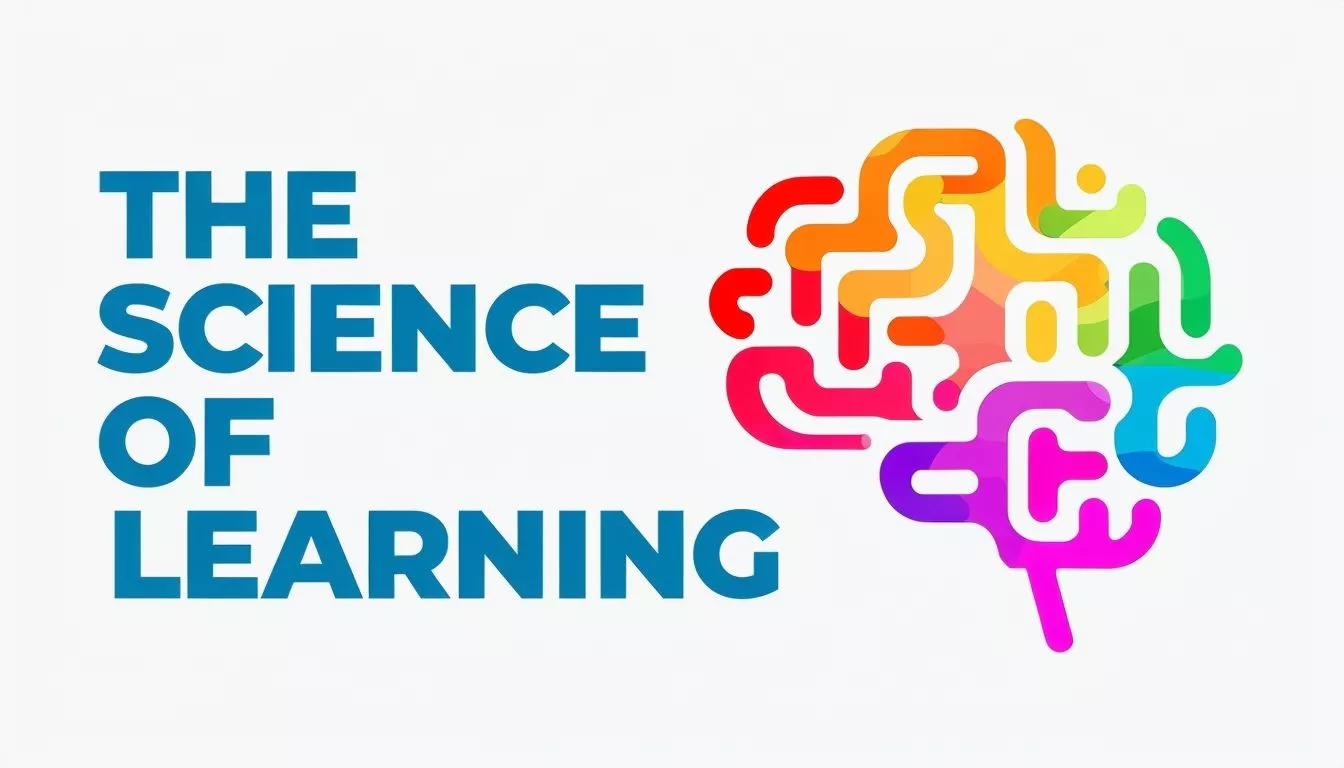 Education
Education
 Performing Arts
Performing Arts
 Equipment
Equipment
 Marketing
Marketing
 IT and Programming
IT and Programming
 Graphics Design
Graphics Design
 Writing
Writing
 Culinary Arts
Culinary Arts
 Beauty
Beauty
 Sports
Sports
 Decor
Decor
 Business
Business
 English
English

The ability to learn and retain information is one of the most fundamental aspects of human intelligence. From childhood to adulthood, our brains continuously process, store, and retrieve knowledge. But have you ever wondered how this process actually works? Understanding the science of learning can help students optimize their study techniques, improve retention, and make the most out of tutoring sessions. In this article, we will explore how the brain absorbs information, the role of memory, and how TutorsFlex can enhance the learning process through personalized tutoring.
The brain is a complex organ that processes information through a network of neurons that communicate using electrical and chemical signals. When you learn something new, your brain forms neural connections that strengthen with repetition and practice. This process, known as neuroplasticity, enables the brain to adapt and rewire itself based on experiences.
Learning occurs in three main stages:
Memory plays a crucial role in the learning process. There are three main types of memory involved in learning:
To enhance memory retention, students should use techniques such as:
While self-study is essential, personalized tutoring provides students with additional support tailored to their learning styles. Tutors help students by:
At TutorsFlex, we integrate scientifically proven learning techniques into our tutoring sessions, ensuring students receive the best support possible. Our expert tutors help learners develop strong study habits, improve memory retention, and boost academic performance.
To maximize learning efficiency, students should adopt the following study habits:
Use Active Recall: Instead of passively reading notes, try recalling key concepts without looking.
Teach What You Learn: Explaining concepts to someone else strengthens understanding.
Apply Knowledge: Using information in real-world scenarios reinforces learning.
Take Regular Breaks: Following techniques like the Pomodoro Technique (25-minute study sessions with 5-minute breaks) prevents mental fatigue.
Get Quality Sleep: Sleep is essential for memory consolidation, as the brain processes and stores information during rest.
Understanding the science of learning empowers students to optimize their study habits and improve their retention of information. By incorporating neuroscience-backed strategies, students can enhance their cognitive abilities and achieve better academic outcomes. TutorsFlex provides personalized tutoring that aligns with these scientific principles, ensuring that learners absorb and retain knowledge effectively.
Ready to take your learning to the next level? Enroll with TutorsFlex today and experience the power of expert-guided education!